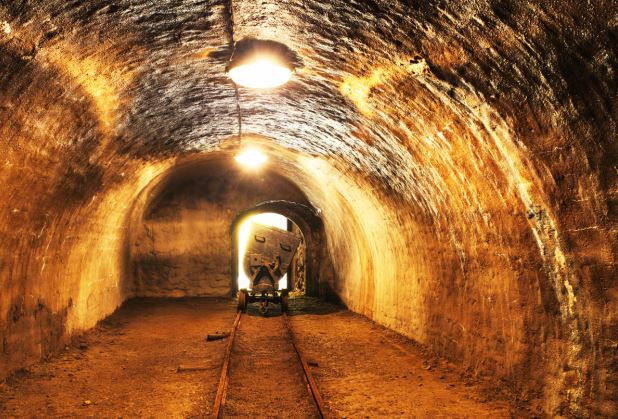B.C. falling short of its considerable mining potential

B.C. miners face more onerous permitting process compared to other provinces. Adding another layer will only make it worse
By Ashley Stedman & Elmira Aliakbari
The Fraser Institute
 To encourage natural resource development and the prosperity that comes with it, mining investors need more certainty about exploration activities – not less. It’s an issue that deserves immediate attention in B.C.
To encourage natural resource development and the prosperity that comes with it, mining investors need more certainty about exploration activities – not less. It’s an issue that deserves immediate attention in B.C.
According to a recent Fraser Institute survey of senior mining executives, British Columbia’s regulatory and mining permitting processes are onerous compared to competing Canadian provinces. This should be top of mind for the government of Premier John Horgan as it evaluates sweeping reforms to natural resource regulation.
A recent provincial government-commissioned report reviewed B.C.’s existing “professional reliance model” – a system that charges industry to police itself. The report calls for greater oversight of B.C.’s resource sectors by creating a new provincial regulator.
The intended purpose of the province’s review is laudable: to ensure transparency and good governance for the natural resource sector. However, the report has far-reaching implications for the mining industry and the recommendations, if implemented, will likely exacerbate investor uncertainty.
Moreover, a new provincial regulator may damage the province’s competitiveness. According to our survey, competitiveness – the ability to attract exploration activity and investment – is already an area of concern for B.C.’s mining industry when compared to Quebec and Ontario.
In particular, we found that B.C.’s regulatory process – including environmental regulations and regulatory duplication and inconsistency – creates greater uncertainty and potential deterrence to investment than processes in Quebec and Ontario.
B.C.’s poor performance in the eyes of mining investors extends beyond regulation and into the permitting process. On a key measure – granting permits in a timely manner – B.C. again lags behind Quebec and Ontario. In fact, Ontario (42 per cent) and Quebec (40 per cent) had much higher percentages of respondents indicating they expect to acquire necessary exploration permits in two months or less compared to only 18 per cent in B.C.
Regarding miner confidence – that they actually receive the necessary permits for exploration activity – 90 per cent of respondents in Quebec and 88 per cent in Ontario were “confident” or “highly confident” compared to only 73 per cent in B.C.
When asked about transparency in the permitting process, 48 per cent of respondents in B.C. cited a lack of transparency as a deterrent to investment, again placing B.C. behind Quebec (but ahead of Ontario on this measure).
Clearly, B.C. is falling behind in timeliness and investor confidence in the exploration permitting process in Canada. That’s bad news for British Columbians. A well-developed mining sector can produce considerable economic and community benefits. And to make discoveries, mining companies require timely and clear permitting processes to explore and develop mines.
But if explorers or miners are uncertain about whether they’ll receive necessary permits, or if they’re unsure about how regulations will impact their activities, they’ll be less likely to invest, which means fewer jobs and less revenue flowing through B.C.
Capital will flow to jurisdictions with attractive policies, and B.C. already lags behind Quebec and Ontario on many measures that encourage mining exploration.
The government should take steps to streamline regulatory and permitting processes – rather than add uncertainty, as a new provincial regulator would surely do – so the province can capitalize on its considerable mineral potential.
Ashley Stedman is a senior policy analyst and Elmira Aliakbari is the associate director of natural resource studies at the Fraser Institute.
